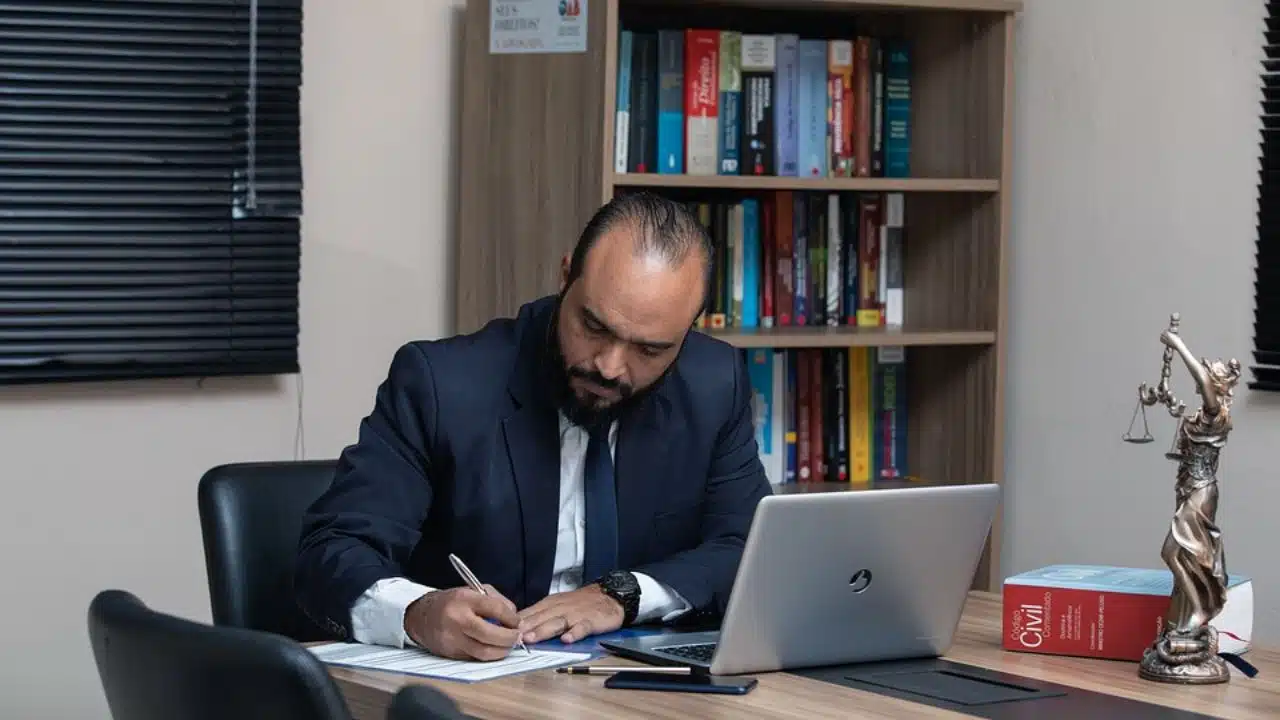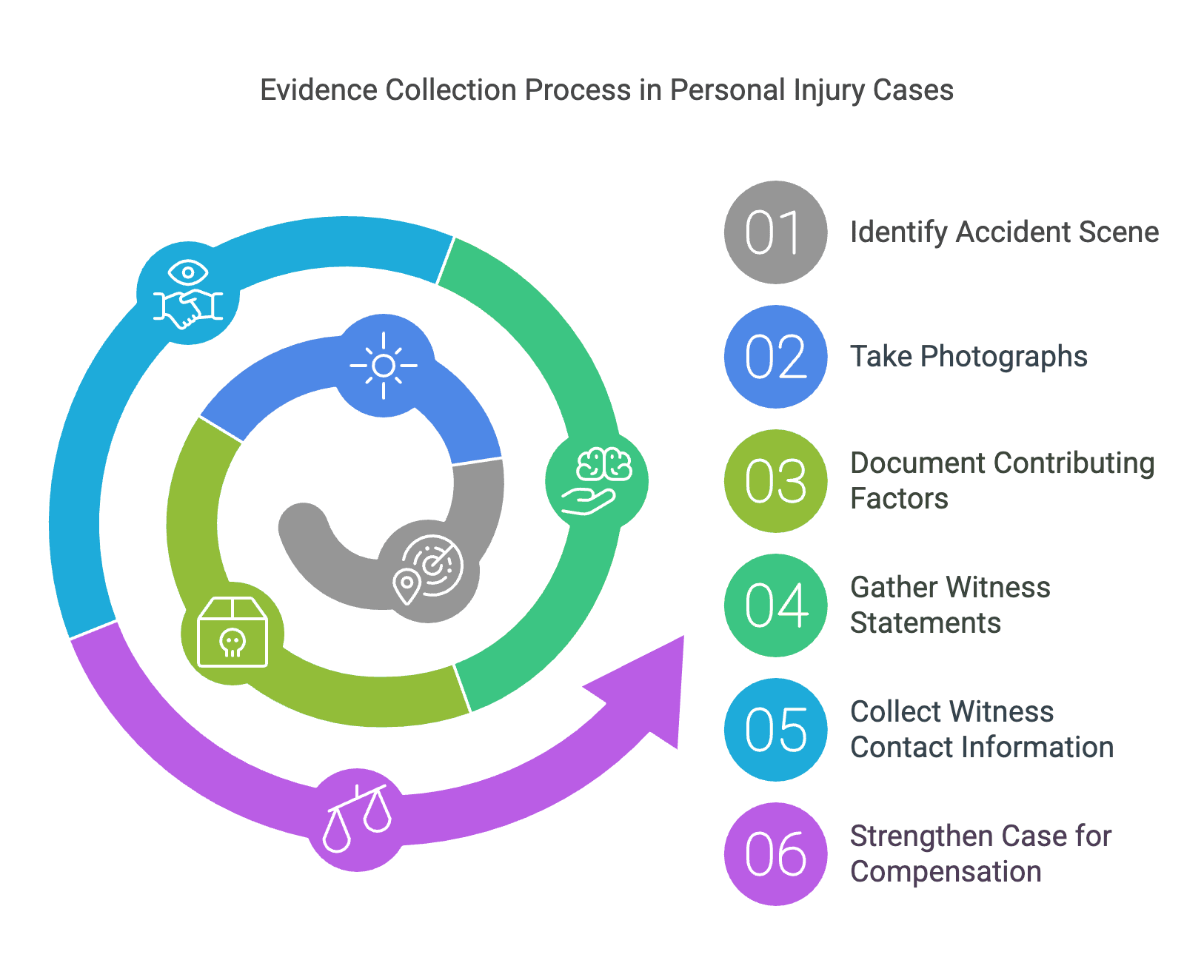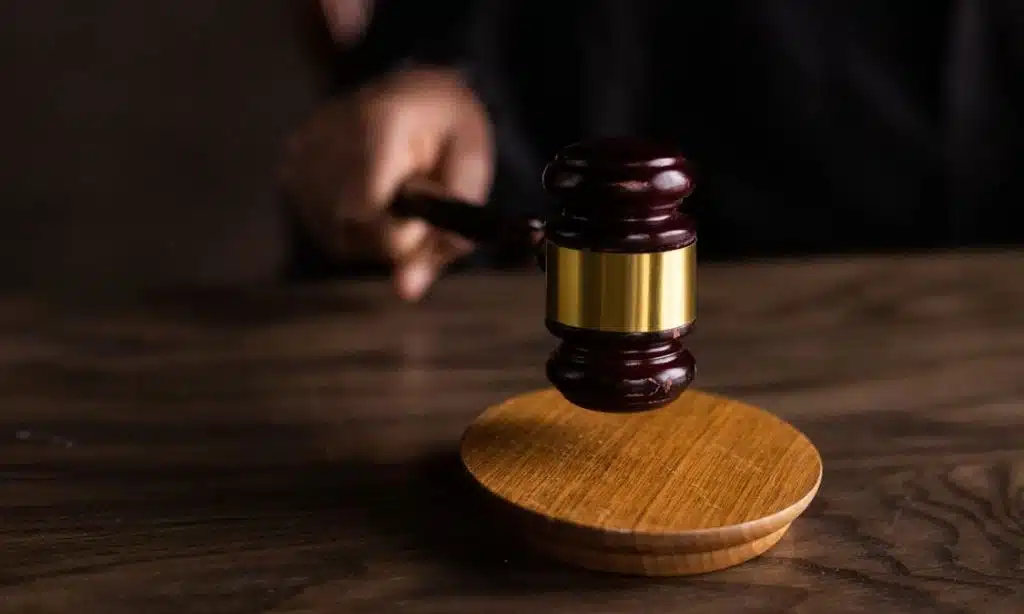When you’ve been injured due to someone else’s negligence, building a strong personal injury case is crucial for securing the compensation you deserve. The path to a successful claim often involves several important steps, from gathering evidence to navigating complex legal processes. Whether you’re dealing with an auto accident, slip and fall, or workplace injury, the foundation of your case relies on careful planning and timely action.
In this post, we’ll explore six key strategies to help you strengthen your personal injury case, from documenting injuries to working with experienced legal professionals. By following these essential steps, you’ll increase your chances of achieving a favorable outcome and holding those responsible accountable for their actions. Let’s dive in.
Document Your Injuries Thoroughly
The first step in building a strong personal injury case is to document your injuries as thoroughly as possible. This includes taking clear photographs of any visible wounds, bruises, or other physical signs of injury immediately after the incident. Keep a detailed journal of your pain levels, emotional effects, and the impact your injuries have on your daily life.
Make sure to also keep records of any medical treatments you receive, including doctor visits, surgeries, and prescribed medications. These pieces of documentation will serve as critical evidence when demonstrating the severity of your injuries and the way they’ve disrupted your life.
Collect All Relevant Evidence from the Scene
When it comes to personal injury cases, the evidence collected at the scene can make or break your case. If you can do so, take photographs of the accident site, including any contributing factors like hazardous conditions, damaged property, or weather conditions that might have played a role.
Gather witness statements from anyone who saw the incident happen. It’s essential to get contact information for all witnesses, as their testimonies could provide valuable support for your version of events. The more evidence you can collect immediately after the incident, the stronger your case will be when pursuing compensation.
Report the Incident to the Authorities
Reporting the incident to the appropriate authorities, such as the police or workplace safety officers, is a crucial step in building your case. A formal report will create an official record of the incident, which can serve as critical evidence in legal proceedings.
For example, in the case of a car accident, the police report will include details about how the accident occurred, who was involved, and possibly who was at fault. This official documentation can provide invaluable context when presenting your case in court or negotiating a settlement. Always request a copy of the report for your records, as it will help you substantiate your claims.
Keep Track of Medical Expenses and Treatment
Medical bills can quickly add up, and keeping a detailed record of all medical expenses and treatments related to your injury is essential. This includes not only doctor’s visits and hospital stays but also any out-of-pocket costs like physical therapy, medication, and rehabilitation.
Each receipt, bill, and statement can serve as proof of the financial impact the injury has had on your life. It’s also important to track how your injuries affect your ability to work and your quality of life, as this will be factored into the compensation you pursue. Keeping organized records will ensure that you are fully prepared when it’s time to calculate your total damages.
Work with Experienced Legal Professionals
Navigating the complexities of a personal injury case can be overwhelming, which is why having experienced legal professionals on your side can make all the difference. Having a lawyer who understands the nuances of personal injury law is essential for maximizing your chances of success.
Attorneys specializing in personal injury law can help guide you through the intricacies of your case, ensure you meet critical deadlines, and negotiate effectively with insurance companies or opposing parties. For instance, you can contact the Law Firm of Jared Spingarn for expert legal advice and representation. They can assist in gathering the necessary evidence, handling communication with insurers, and ensuring your rights are fully protected throughout the process.
Understand the Statute of Limitations for Filing a Claim
Every personal injury case is subject to a statute of limitations, which is a law that sets a time limit for filing a lawsuit. Understanding this timeline is crucial, as missing the deadline can result in losing your right to seek compensation. Depending on the jurisdiction and type of injury, the statute of limitations can vary, so it’s essential to consult with a legal professional as soon as possible.
In some cases, you may be required to file a claim within months of the incident, while in others, you may have a few years. Be sure to act quickly to avoid forfeiting your right to pursue legal action.
Building a strong personal injury case requires diligence, organization, and the right support. By documenting your injuries, gathering evidence, reporting the incident, and keeping track of expenses, you lay a solid foundation for your claim. Working with experienced legal professionals ensures that your case is handled with expertise while understanding deadlines like the statute of limitations keeps you on track. Taking these steps not only increases your chances of securing fair compensation but also holds those responsible accountable for their actions. Remember, preparation is key to achieving the justice you deserve. Start today to protect your rights and future.







































